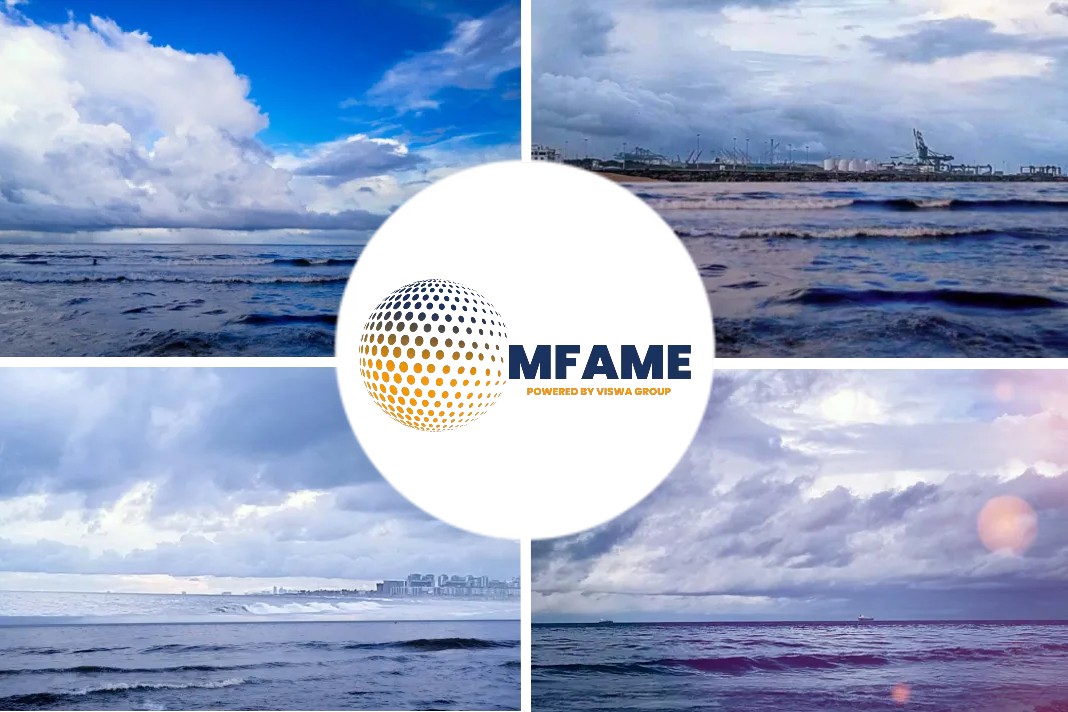- Equatorial Marine Fuel Management Services has expanded its fleet of floating storage units as limited storage capacity.
- EMF accounts for around 9%-10% of Singapore’s overall marine fuel sales volume and currently owns 19 bunker barges, of which three are chartered.
- Executive Director Choong added that despite the challenges posed by 2020, the bunker industry remains fairly resilient.
- The company is all set to launch its Online Tracking Tool on Oct. 1.
Singapore bunker supplier Equatorial Marine Fuel Management Services has expanded its fleet of floating storage units as limited storage capacity in the region and the reduced net effective utilization makes storage a valuable aspect in the future, reports S&P Global Platts.
Acquisition of Floating Storage
“We own three VLCCs at the moment, where two have been deployed as floating storage in west Johor,” Choong said in an interview on Oct. 1.
“For the third, we are inclined to re-purpose it to do the same, to bring our storage capability up to approximately 1 million cu m,” he added.
The acquisition of floating storage units is also a move towards the upstream, allowing the company to gain visibility of its cargo quality at any point within the supply process, from loading to delivery, Choong said.
Owner of 19 bunker barges
EMF, which accounts for around 9%-10% of Singapore’s overall marine fuel sales volume, currently owns 19 bunker barges, of which three are chartered.
Singapore is the world’s largest bunkering port and recorded marine fuel sales of close to 50 million mt in 2017 and 2018.
In 2019, Singapore’s total marine fuel sales volume was 47.46 million mt, data from the Maritime and Port Authority of Singapore showed.
The implementation of the International Maritime Organization’s global low sulfur mandate resulted in the emergence and use of new fuel blends.
Challenges in 2020
Meanwhile, the global coronavirus pandemic has also unleashed numerous challenges.
Due to the unprecedented level of demand destruction in the aviation and automotive sector and the resultant weakness in jet fuel and gasoline prices, some bunker fuel suppliers have been prompted to blend them with marine fuels, potentially leading to flashpoint issues.
“As quality is a major concern coming into 2020, we do pre-testing of our cargo on our cost in order to give our clients the assurance that they are receiving quality products,” Choong said.
Despite the challenges posed by 2020, the bunker industry remains fairly resilient, Choong said.
“We are keeping our ears on the ground to react quickly to the changes in the market, especially in the area of resource allocation such as re-purposing the barges, re-working how crew change is done as well as ensuring stronger and closer engagement with stakeholders,” Choong said.
Digitalization initiatives
To remain agile in this tough market and to improve the efficiency of bunker processes, EMF is also advancing digital initiatives.
The company, on Oct. 1, officially launched its Online Tracking Tool, or OTT, to increase transparency for its customers as well as minimize the time its customers spend on getting delivery status updates.
“With this mobile responsive tracking tool, we allow our customers to check on the status of the delivery any time just by clicking on the unique link we send to them,” Choong said.
In addition to delivery status tracking, the OTT also provides real-time updates of the vessel’s expected time of arrival, estimated time of completion, as well as other details during the bunker operation.
Through the OTT, customers are also able to view related bunker documents such as certificate of quality, mass flow metering ticket, bunker delivery note, and relevant bunker delivery documents immediately after completion, he added.
“As much as we recognize the need to be agile in such times, investing for the medium to long term is also required to keep our company competitive for the future,” Choong said.
Did you subscribe to our daily newsletter?
It’s Free! Click here to Subscribe!
Source: S&P Global Platts

















